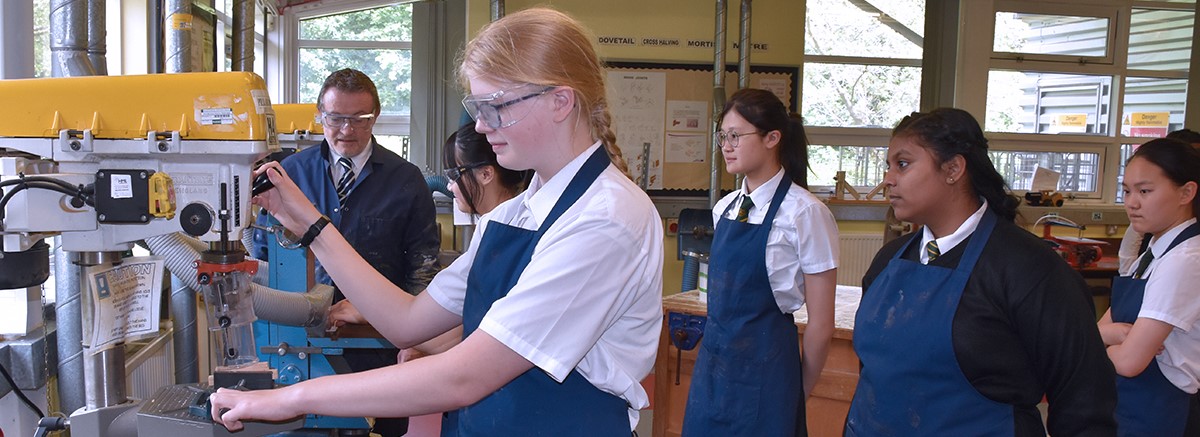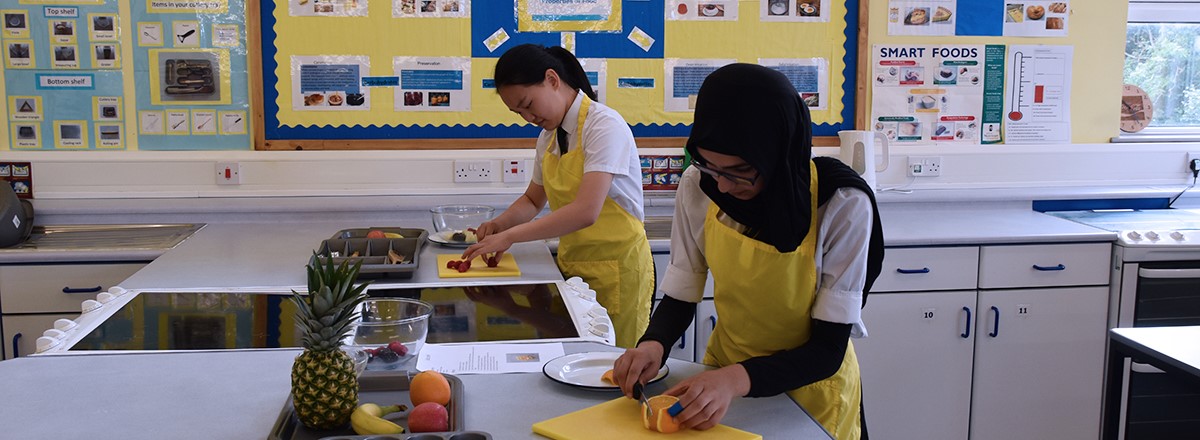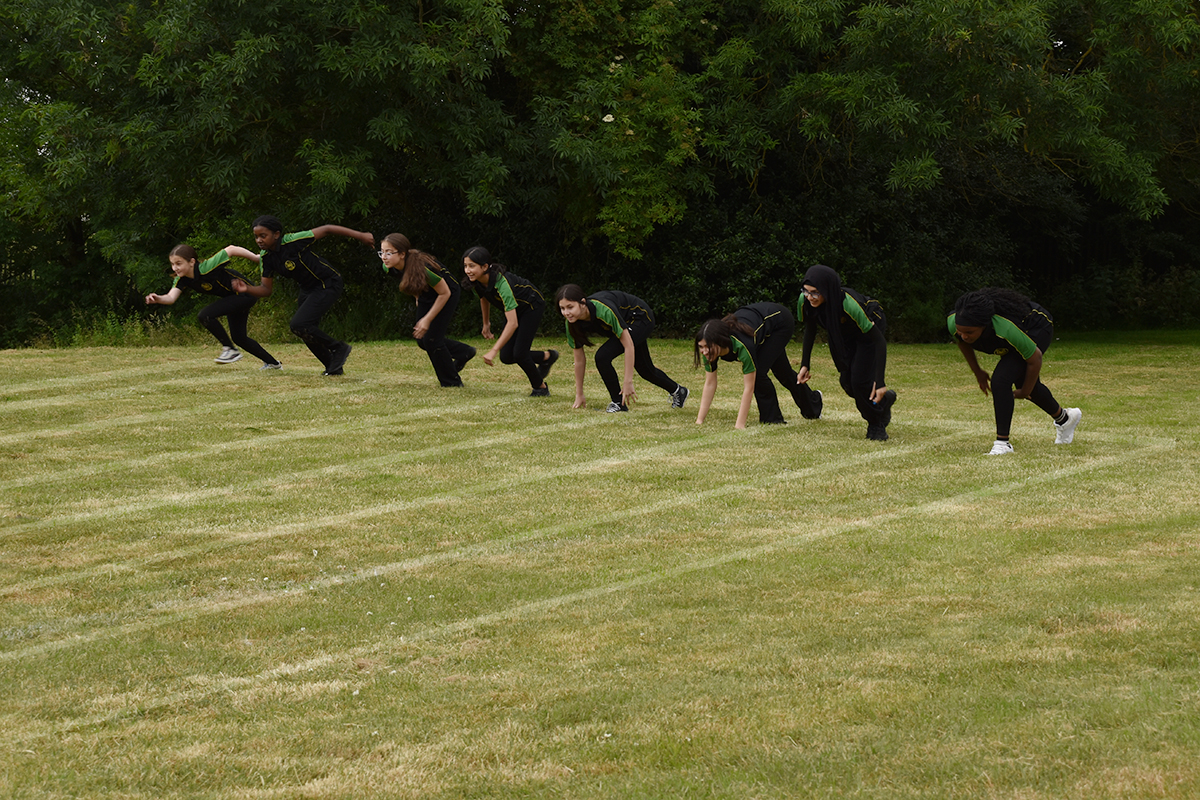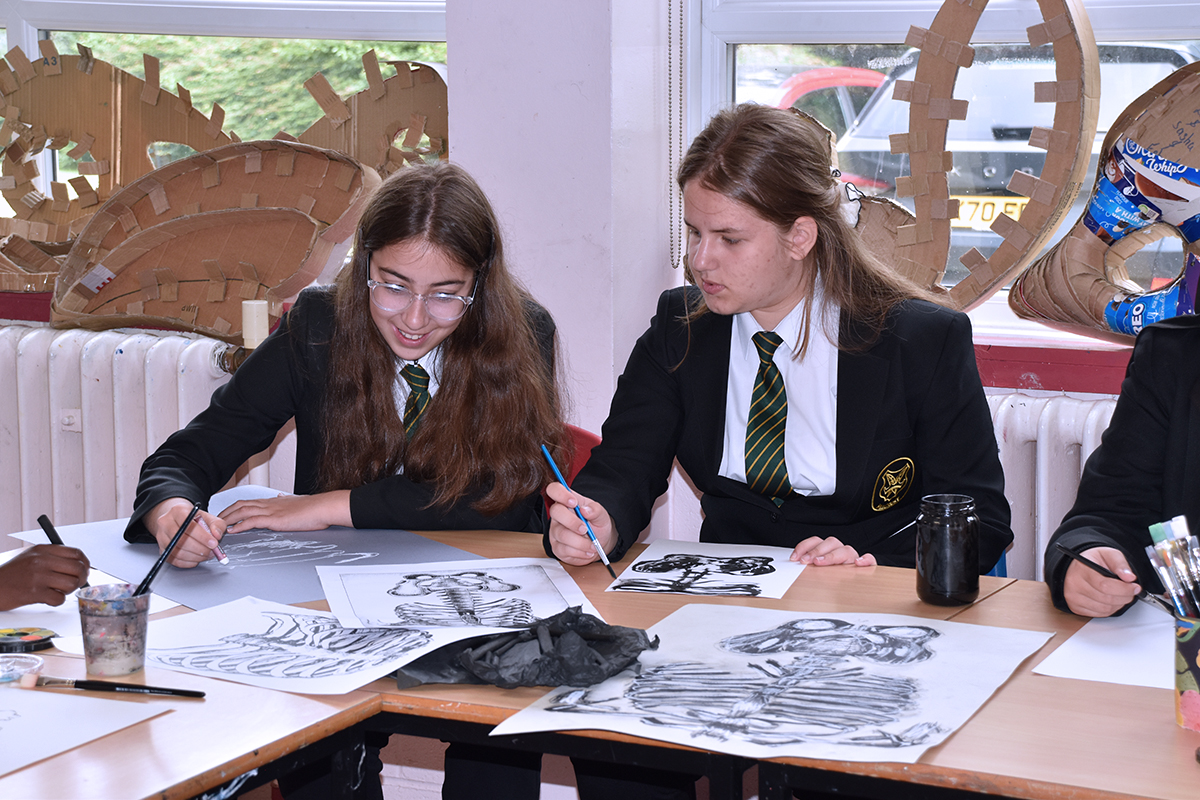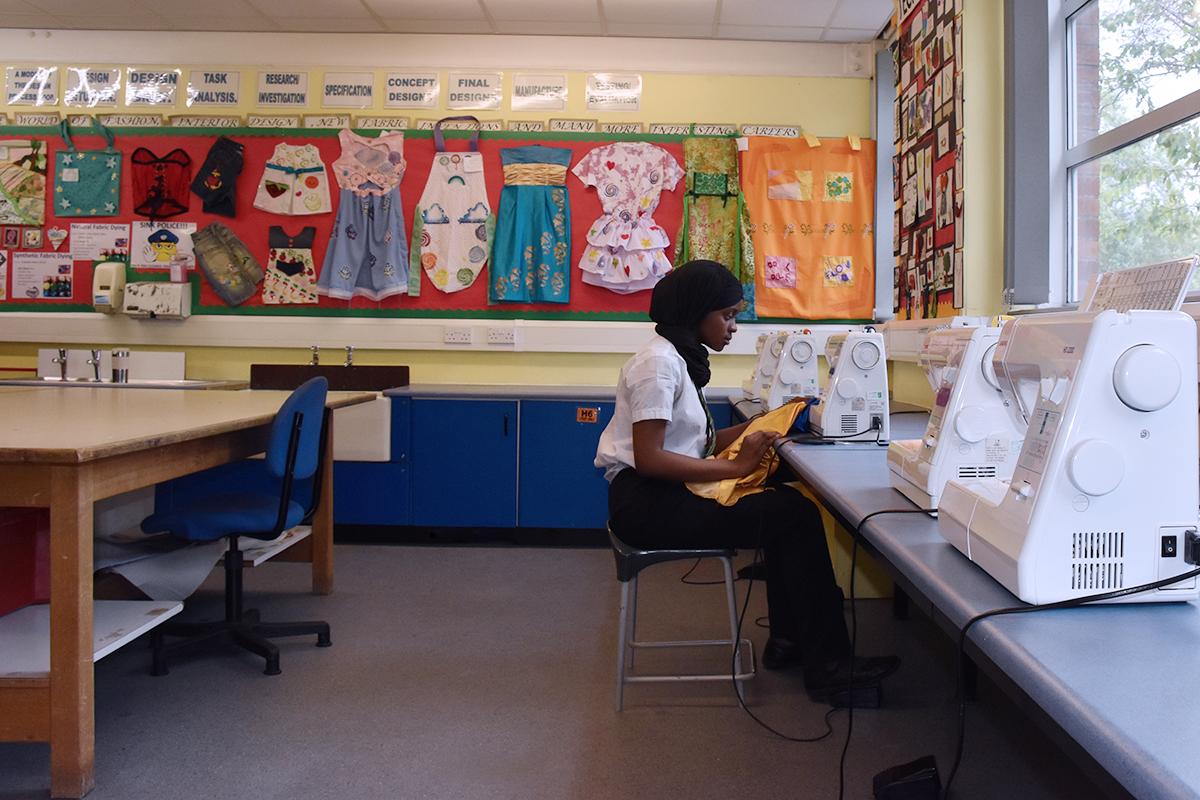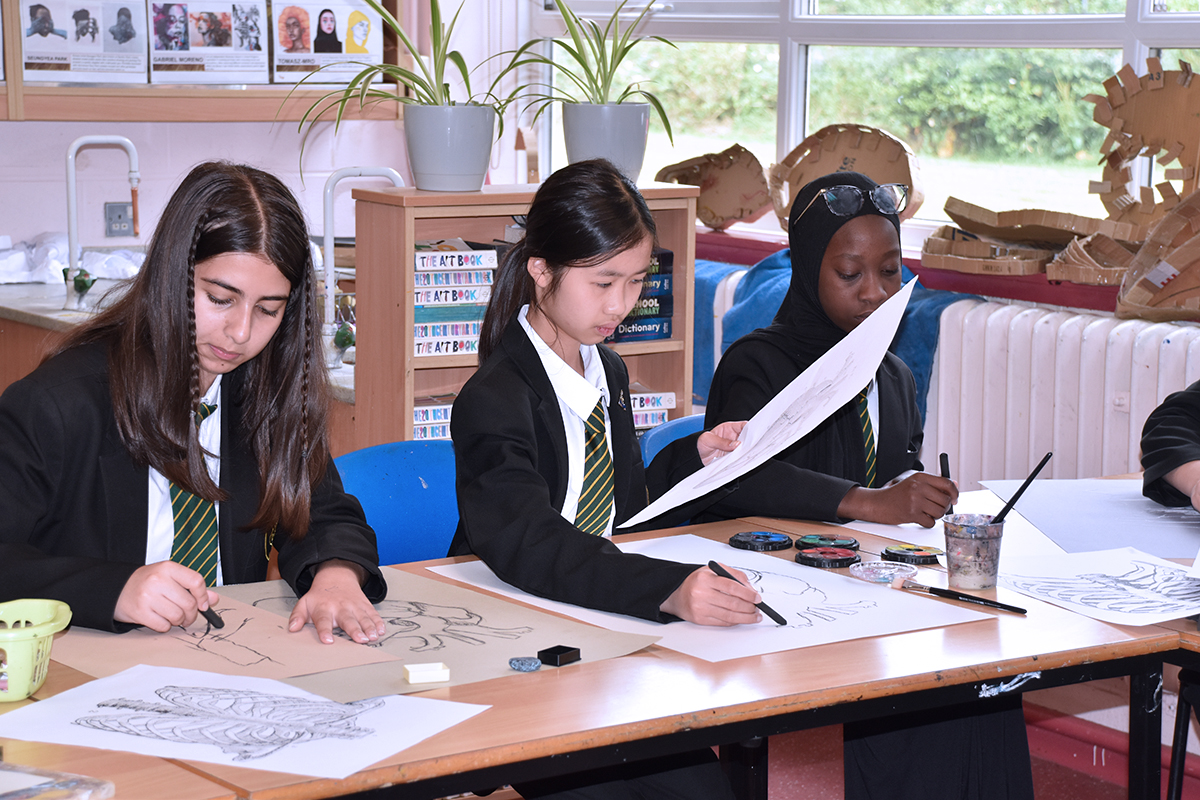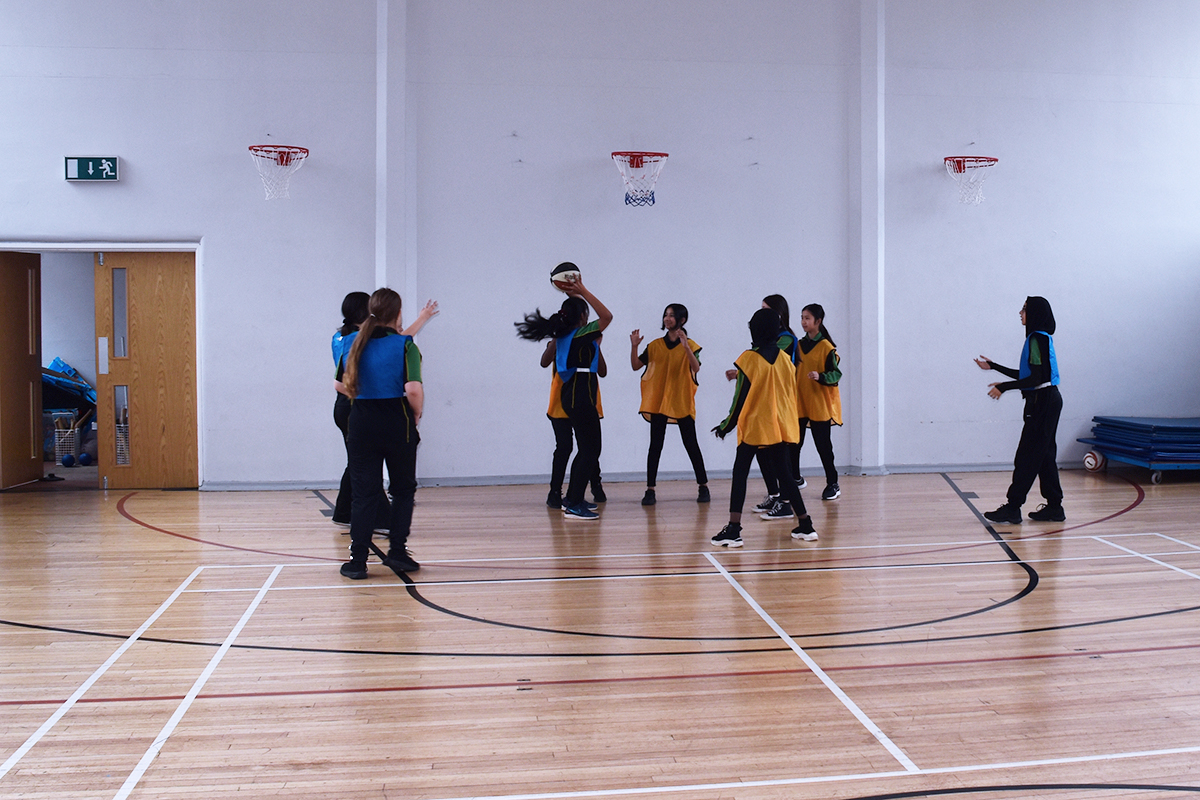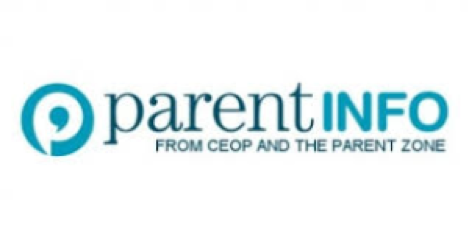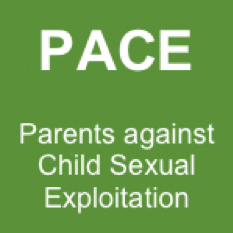Safeguarding
What Is Safeguarding?
Safeguarding is protecting children from abuse and neglect. At our school safeguarding of children is taken very seriously. We are committed to ensuring a safe learning environment for every child. We believe our students have a right to learn in a supportive and caring environment and a life which includes the right to protection from all type of abuse, including abuse from their peers and online. Staff are vigilant for signs of any such student in distress and are confident about applying the processes to avert and alleviate any such problems.
Safeguarding legislation and Government guidance say that safeguarding means:
- Protecting children from maltreatment
- Preventing impairment of physical or mental health/development
- Ensuring that children are growing up in circumstances consistent with the provision of safe and effective care
- Taking action to enable all children and young people to have the best outcome
Safeguarding includes child protection, health care plans, online provision, health and safety, site security, safety on school trips, anti-bullying work and so much more.
The school adheres to the following three DFE safeguarding documents:
- Working Together to Safeguard Children December 2023
- Keeping Children Safe in Education September 2025
- The Prevent Duty 2015 + Prevent Guidance 2016
- Safer Working Practices Guidance April 2020
- Teaching Online Safety in Schools June 2019
- Sexual violence and harassment between children in schools and colleges - May 2018 / September 2021
Safeguarding Documents
The school has a suite of Safeguarding documents which are reviewed regularly. All policies have been updated for September 2025. These are:
- Safeguarding and Child Protection Policy
- Information for Visitors pamphlet (including Safeguarding)
- External Visitors Policy
- Health and Safety and Security Policy
- ICT: Acceptable Use Policy
- ICT: E-Safety Policy
- Attendance and Punctuality Policy
- Behaviour Policy
- Equality Policy
- Drugs Policy
- School Trips Policy
- Whistle-blowing Policy
- First Aid Policy
- Preventing Extremism and Radicalisation Policy
- Relationships and Sex Education Policy
- Care and Control Policy
- Anti-Bullying Policy
- Mental Health Policy
Hillcrest Safeguarding Team
All staff receive annual Child Protection and Safeguarding training and attend refresher sessions throughout the year. As a staff body, we are fully aware of the signs that may indicate a child is at risk of neglect or abuse (physical, emotional, sexual) or is experiencing a mental health difficulty and understand the procedures for referring concerns to relevant external agencies.
Our Safeguarding team is always available to talk to you if you have any concerns regarding the safety or well-being of your child. Please contact any of the team listed below:
-
The Designated Safeguarding Lead (DSL) is Mr S. Connor‑Hemming.
-
The Deputy Designated Safeguarding Leads (DDSLs) are:
Miss A. Adenike
Miss J. McDonald
Miss J. Smallwood
Mrs M. Bunce
Ms C. Jacobs
Miss H. Winter
Miss K. Ankiah
Mr M Johnson
If your child is ever concerned about their own safety or well-being or about a friend, including online, they should speak directly to one of the Safeguarding Team or their Head of Year immediately.
If we have any safeguarding concerns about a student we will discuss these concerns with parents/carers before approaching other agencies (ie - Birmingham Children’s Trust, Early Help Team) and will seek their consent before making a referral if we feel this is necessary. However, there may be occasions when the school will contact an agency before informing parents/carers because it considers that contacting them may increase the risk of significant harm to the child.
The school operates as part of Operation Encompass in Birmingham. This system helps police and schools work together to provide emotional and practical help to children who experience any form of domestic abuse. The system ensures that when the police are called to an incident of domestic abuse, where there are children in the household who have experienced the domestic incident, the police inform the school before the child or children arrive at school the following day. This will enable our safeguarding team to put immediate support in place, according to the child’s needs.
School Closure - Help and Support
We are aware that children and their families may need to access support for their physical and emotional well-being during this difficult period.
Below are a number of links to sources of self-help and information, as well as explaining about here to go in Birmingham for medical or professional help if needed. We are aware that none of this self-help information is a substitute for seeing a professional worker but, under current circumstances, it is important to access support in a variety of different ways to protect emotional well-being and mental health.
The Waiting Room
This site provides information on health and well-being support for families in Birmingham and Solihull.
Forward Thinking Birmingham (FTB)
This is the city's mental health partnership for 0-25 year olds. A number of organisations work together to offer a range of mental health services. Specialist mental health assessment, care and treatment is provided by the NHS and private companies along with partner organisations, and they also offer early intervention, psychological therapies, help and support.
https://forwardthinkingbirmingham.nhs.uk/services/The Access Centre is the first port of call for most Forward Thinking Birmingham services and is run by a team of clinicians and support staff. You can make a self-referral online 24/7, or call 0300 300 0099 to speak to someone in the access centre for advice from 09:00-17:00 Monday to Friday.
https://birmingham.simplifyhealth.co.uk/en
This link takes you to a service directory provided by Forward Thinking Birmingham. Use it to search and find out where to get help and support for a range of needs.
https://forwardthinkingbirmingham.nhs.uk/services/If there are concerns about the mental health of a child or young person up to 25 years old, self-referrals to FTB can be made online by the individual, their parents/carers, or by professionals such as GPs, school staff etc. who should obtain informed consent.
https://forwardthinkingbirmingham.nhs.uk/services/An overview of what types of service are provided by FTB.
https://forwardthinkingbirmingham.nhs.uk/services/Details of how to access talking therapy for 14-25 year olds.
https://forwardthinkingbirmingham.nhs.uk/services/Details for Silvercloud- provides an online therapy service for stress/anxiety/depression for those aged 16-25.
https://forwardthinkingbirmingham.nhs.uk/services/Pause is the Forward Thinking Birmingham city centre drop-in service, based in Digbeth. It is run by The Children's Society. Given the current government advice on reducing face-to-face contact, maintaining social distancing and self-isolation, it would be advisable to contact Forward Thinking Birmingham before going to Pause to confirm which services are available.
https://forwardthinkingbirmingham.nhs.uk/services/Call 0300 300 0099 and select option 1 to access support for a child or young person experiencing a mental health crisis (available 24/7).
https://forwardthinkingbirmingham.nhs.uk/services/Explains about the FTB crisis service and how to get urgent help and advice in relation to the mental health of a child or young person. It also gives other options for getting help and support.
Other agencies that parents/carers and young people can contact include:
A confidential listening service, available 24/7. Call 116 123 for free, or follow this link for details of other ways to contact them
https://www.samaritans.org/how-we-can-help/contact-samaritan/
https://papyrus-uk.org/ Papyrus is a charity working to prevent young suicide. They provide a service called HOPELINEUK. If you are having thoughts of suicide or are concerned for a young person who might be you can contact HOPELINEUK for confidential support and practical advice. Opening hours: 9am – 10pm weekdays, 2pm – 10pm weekends, 2pm – 10pm bank holidays. Call: 0800 068 4141 Text: 07860039967 Email: pat@papyrus-uk.org
https://www.childline.org.uk/get-support/ Call 0800 1111 or contact them online. Due to coronavirus, hours of service have changed and contact with Childline is available between 9:00am and midnight daily. Please see the website for future updates about service availability.
https://www.nhs.uk/apps-library/filter/?categories=Child+health%2CFirst+aid%2CMental+health%2CSleep&page=1 NHS approved apps for mental and physical health.
https://www.nhs.uk/conditions/stress-anxiety-depression/self-help-therapies/ NHS self-help suggestions and resources.
Reading Well
Reading Well supports you to understand and manage your health and wellbeing using helpful reading. The books are all recommended by health experts, as well as people living with the conditions covered and their relatives and carers. You can be recommended a title by a health professional, or you can visit your local library and take a book out yourself. There are five book lists available: Reading Well for mental health, Reading Well for young people, Reading Well for children, Reading Well for dementia and Reading Well for long term conditions.
Reading Well was recognised by the Royal Society for Public Health as a finalist for the 2017 Public Mental Health and Wellbeing Award.
https://reading-well.org.uk/books/books-on-prescription/children
https://reading-well.org.uk/books/books-on-prescription/young-people-mental-health
https://reading-well.org.uk/books/books-on-prescription/mental-health
Young Minds
Young Minds is a source of easily accessible information about all aspects of child mental health. Young Minds aim is to fight for a future where all young minds are supported and empowered, whatever the challenges. They want to make sure children and young people get the best possible mental health support and have the resilience to overcome life’s difficulties.
https://youngminds.org.uk/find-help/
For young people if they want to know more about how they're feeling, get information about a mental health condition or know what support is available to them, the Young Minds guides can help.
https://youngminds.org.uk/find-help/for-parents/
Information specifically for parents, with details for the Parent Helpline to access support and advice if you are concerned about your child’s mental health. Call for free Mon-Fri from 9.30am to 4pm – available in England, Scotland, Wales and Northern Ireland: 0808 802 5544. Out of operating hours, you can contact the Parents Helpline via an online contact form. They endeavour to reply to emails received within three working days.
https://youngminds.org.uk/find-help/get-urgent-help/
Information about help available for young people who may be in crisis. This page also has links for Childline and the Samaritans and information about when it is appropriate to call 999 for emergency support.
YoungMinds Crisis Messenger Service: free 24/7 support across the UK if you are experiencing a mental health crisis.
If you need urgent help text YM to 85258
All texts are answered by trained volunteers, with support from experienced clinical supervisors
Texts are free from EE, O2, Vodafone, 3, Virgin Mobile, BT Mobile, GiffGaff, Tesco Mobile and Telecom Plus.
https://youngminds.org.uk/blog/what-to-do-if-you-re-anxious-about-coronavirus/
https://youngminds.org.uk/blog/looking-after-your-mental-health-while-self-isolating/
https://youngminds.org.uk/blog/talking-to-your-child-about-coronavirus/
The Anna Freud National Centre for Children and Families
The Anna Freud National Centre for Children and Families is a children’s mental health charity with over 60 years’ experience of caring for young people and their families. Their vision is a world in which children and their families are effectively supported to build on their own strengths to achieve their goals in life.
https://www.annafreud.org/on-my-mind/
On My Mind aims to empower young people to make informed choices about the mental health support they want, the treatments they receive and the outcomes they desire. It contains information, advice and resources to help young people support their own mental health, including signposting to sources of support in times of crisis and tools to help young people manage their own wellbeing. The free digital resources are designed for use by children and young people between the ages of 10 – 25.
https://www.annafreud.org/on-my-mind/self-care/ Self-care is about the things we can do to look after our own mental health.
https://www.annafreud.org/parents/ Information and podcasts for parents and carers, helping them to understand and promote their children’s mental health.
Other useful organisations and sources of information
https://relaxkids.com/for-parents/
Available free to download from the RELAXKIDS website who the pack “…is full of exercises, cards and affirmations to help you manage your anxious thoughts and feelings in these uncertain times. Take a card in the morning, before bed or when you need a moment to pause and feel calm and relaxed again.”
https://www.charliewaller.org/The Charlie Waller Memorial Trust aims to: equip young people to look after their mental well-being; help people to recognise the signs of depression in themselves and others so they know when to seek help; and ensure expert and evidence-based help is available when people need it. Their resources include information about organisations that can support in relation to mental health, as well as providing leaflets for parents and carers. https://www.charliewaller.org/
https://mindedforfamilies.org.uk/young-people/
They aim to offer safe and reliable advice about young people’s mental health, created by experts and parents together.
https://www.rcpsych.ac.uk/mental-health/parents-and-young-people
Resources and information provided by the Royal College of Psychiatrists.
We hope this information is useful in providing parents/carers with a range of organisations that can support families during this time. Please remember that you can also contact the safeguarding team at Hillcrest School at safeguarding@hillcrest.bham.sch.uk if you require any other information or support.
Supporting Safeguarding websites - Emotional Well-Being
Forward Thinking Birmingham Information
Kooth

Parents: Click here for kooth
LGBT Information For Parents
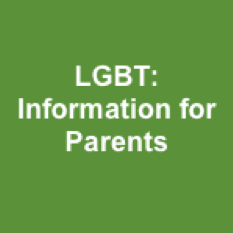
Parents: Click here - for LGBT Information
Safeguarding At Hillcrest
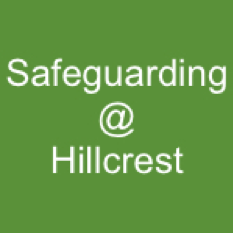
Female Genital Mutilation
Parent Info
Anti-bullying
Click here - for Anti Bullying information
Birmingham SEN Local Offer
Exams stress strategies for parents
The Waiting Room
Online Safety
NSPCC - Your Child's online world
NSPCC - Parent Guide to being Share Aware
Childnet
Childnet International is a non-profit organisation working with others to help make the Internet a great and safe place for children.
Instagram Parents Guide
Parents Guide To Social Media Sites
Kik Messenger Parents Guide
Omegle Parents Guide
OoVoo Parents Guide
YouTube Parents Guide
ELSPA Good Online Gaming Parents Guide
Crime and Exploitation
PACE - Parents Against Child Exploitation
Birmingham Police and Schools Panel
Synthetic Cannabinoids
Home Office advice to Parents on Knife Crime
Think You Know
Radicalisation
Safeguarding our Students from radicalisation
Click here - for information on safeguarding our students from radicalisation - PREVENT
Preventing Extremism - Guidance For Parents
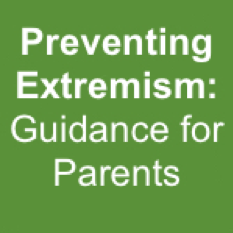
Click here - for guidance for parents on preventing radicalisation and keeping children safe online


